
The World Gold Council has announced the release of a new documentary: GOLD: A Journey with Idris Elba, created in partnership with Pioneer Productions.
Immersed in adventure, Idris Elba (Luther, Beast of Nations, Hijack) explores the mysteries, stories and untold human relationship with our most precious metal: gold. As his journey unfolds, we’re taken around the globe as he conquers his claustrophobia down Canadian mine shafts, explores his heritage in Ghana and delves into the journey to responsible mining in South Africa.
From the 1800s Gold Rush stimulating early demand for Levi’s jeans, to the recent production of a $1M gold bar in Canada and the quest for the new gold seams in Peru; Elba uncovers the unique moments and milestones that bring the human story and socio-economic impact of gold to life.
Gold: A Journey explores the value of gold past, present and future, while discovering its powers of transformation on individuals, communities and economies. It also highlights how the industry is navigating current challenges, from post-mining regeneration and energy consumption to the future of the workforce in gold mining.
Idris Elba said: “I feel very thankful to have been able to experience what gold means to people, what gold means to history and also to tradition. Gold has the power to transform. I’ve learnt so much about gold that wasn’t obvious or expected and now my eyes have been opened which is a wonderful thing.”
David Tait, Chief Executive Officer, World Gold Council, said: “Gold has a positive impact across the lives of individuals, communities and economies, with much of the story to date left to imagination. On behalf of our members and the industry, we are delighted to bring the human stories of gold to life for the first time, working with Idris Elba to explore the value and evolution of gold.”
The documentary was commissioned to support the World Gold Council in its ambition to help the world understand the value of gold and harness its transformative power.
The documentary will be available on YouTube from 5th October 2023.
Synopsis of Gold: A Journey with Idris Elba
Gold. It combines a unique set of attributes which make it a remarkable material that’s almost inextricably bound to human development and progress. It’s been valued and cherished by civilisations for millenia. It’s as central to a wedding ceremony as it is to the stability of global economies. So why is our connection with gold so strong?
In this 65-minute documentary, our host Idris Elba takes us on his own journey through the story of gold, from its position as a revered marker of culture and status, to its criticality to the global banking ecosystem. He also lifts the lid on gold as a catalyst of change across time, geographies and civilizations; finding the hidden human stories that show its enduring influence and impact.
Where it all starts
The documentary opens with Idris heading deep into the Canadian wilderness to La Ronde mine, in a part of Quebec known as the “Val d’Or” or “Valley of Gold.” One of Canada’s biggest mines, Idris travels down 3.2 kilometres into the earth to witness first-hand how the ore is mined, before it goes to the surface to separate the gold from the ore via chemical extraction. He then watches it heated in a furnace to over one thousand degrees Celsius before being poured to make gold bars and handles a $1million gold bar marvelling at its weight.
Gold at the centre of the occasion
On the other side of the world, an Indian bride is preparing for her wedding day, with traditional gold wedding jewellery. Some of this has been passed down through her family for generations, given to bring both financial security and good luck; and cemented with the special wedding piece, a mangalsutra, that symbolises the union.
Back to the homeland for a royal reception
Idris takes a moment to reflect on his heritage, travelling to his mother’s homeland of Ghana, a modern-day kingdom built on gold, which still has gold visibly at its cultural heart today. Idris dons traditional robes for the very special Ashanti Akwasidae Festival, that brings together all of the kingdom’s tribes to celebrate the lives and deeds of past rulers. Idris is honoured to take part in the procession, which culminates in him meeting King Otumfuo Osei Tutu II, in a very visible celebration of gold through jewellery and artefacts, representing old Ashanti fables and the symbolic importance of gold to the kingdom and its prosperity.
Unearthing the secrets of the gold rush
Idris heads to San Francisco, where in Sierra Nevada in 1848, the glint of gold in a river created what is now known as the gold rush. A find that led to the world’s leading economies setting sail to find their proverbial fortunes, descending on an ever-transforming hub that’s the San Francisco we know today. Fast forward to 1988 when the wreck of the SS Central America, one of those ships that sailed in to find its fortune, but sank off the coast, was found with a treasure worth its weight in gold; a haul worth $3million at the time – billions in today’s money. But with it, stories of so much more including what is thought to be the oldest known pair of Levi jeans. And so Idris turns his attention to how gold supported one of the world’s best known jeans brands today, as it built its use and reputation on the back of hard-working gold seekers needing utility wear. And this is just one story of economic development that emerged in the gold rush.
From jeans under the sea to the formation of gold through meteors
The next part of the story sees Idris journeying to South Africa, to explore the role of gold in this nation’s economy and progress. He travels to one of the first South African gold mines and explores mining through apartheid and how black miners used the economic power of gold to their benefit to negotiate for greater rights. Before then fast forwarding to today, and visiting South Deep, one of the deepest mines in the world, which is leading mining evolution through automation. Idris likens the mining of today to being ‘like gaming’ as he watches miners in action and discusses how the shift to automation has opened up mining to more women and created new higher value jobs. Finally, he looks to energy and the fact that South Deep has pioneered renewables and built the first large-scale solar plant in South Africa.
The power of water in DRC
The renewable energy theme continues in the Democratic Republic of the Congo, looking at how Kibali mine harnessed hydropower to run a mine deep in rural Africa with limited infrastructure. As water power has fuelled the mine, so the mine has fuelled the local economy – which has expanded from 50,000 to half a million people in just over a decade. The film pans out with Idris contemplating the legacy of Kibali becoming the next San Francisco.
A new landscape
Travelling to New Zealand, next to the Victoria Forest Park conservation area, Idris next explores the Reefton mine regeneration. When the mine closed in 2016, it was filled with water and turned into a lake. Now the focus is on hydroseeding – planting up the area with native seeds to create a new ecosystem. We see how a former mine site can be returned to nature.
Malaria control for a million people
Back in Ghana, Idris explores the malaria control efforts implemented at first by the mine to support workers and their families who were becoming sick. But from an initiative intended to help 8,000 people, the actions spread and became a nationwide programme which now protects over a million Ghanaians annually. We follow a team of malaria control workers as they tackle the problem head on. The programme is now supported by international organisations, helps one million Ghanaians each year, and has become something of a blueprint for effective malaria control.
From malaria to Covid
While the mine’s actions led to malaria control, gold itself plays a vital role within medical advancement. And none more so than in lateral flow tests used – as we all know – for Covid detection but also for many other infections including HIV. In fact, if you’ve ever used a lateral flow test, when the line in a positive test shows, that line is made of gold nano-particles. This is just one of the many, little-known technological roles that gold plays, including as a key element in electronics from quantum computers to phones and also in space exploration.
A journey into the vaults
Another journey underground for Idris, sees him deep in the vaults of the Bank of England. After battling with the thickest steel door he’s ever seen, Idris is accompanied by the bank’s Chief Cashier to see one of nine vaults containing a combined 400,000 gold bars valued at around £250 billion. This is the second largest gold depository globally with a critical role – holding gold, for the world. Ensuring it is safe and secure for when it is needed most.
Thinking about gold as a store of value, the film then considers the role of gold jewellery and ingots for people caught in the 2004 Tsunami. A unique feature of their economy was that when everything else washed away, they were able to turn to the value of the gold passed through generations to build back their lives and futures.
Hip hop gold
Staying in London, but heading to the jewellery quarter of Hatton Garden, Idris meets hip hop jeweller to the stars, Abs, who talks about the role of gold as both status symbols and tangible investments. A demonstration of power and future financial security.
Gold seeking in Peru
With much of the world’s gold estimated to have already been identified, there is still a group of geologists who are looking for the next big discovery of gold. In Peru we visit Cajamarca – termed a modern day El-dorado. With gold found not through panning, but through satellites taking images from space.
Gold: A journey
The film concludes with reflections from Idris on the meaning of gold – his take – that gold gives us meaning; beauty; community; power; health; technology and financial security. And that the story of gold, is a story of love and relationships. An enduring story for the long-term.
The post Idris Elba reveals Gold’s untold stories appeared first on The Business & Financial Times.
Read Full Story
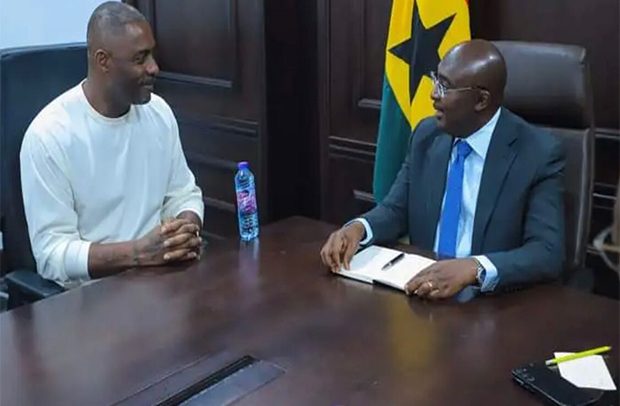
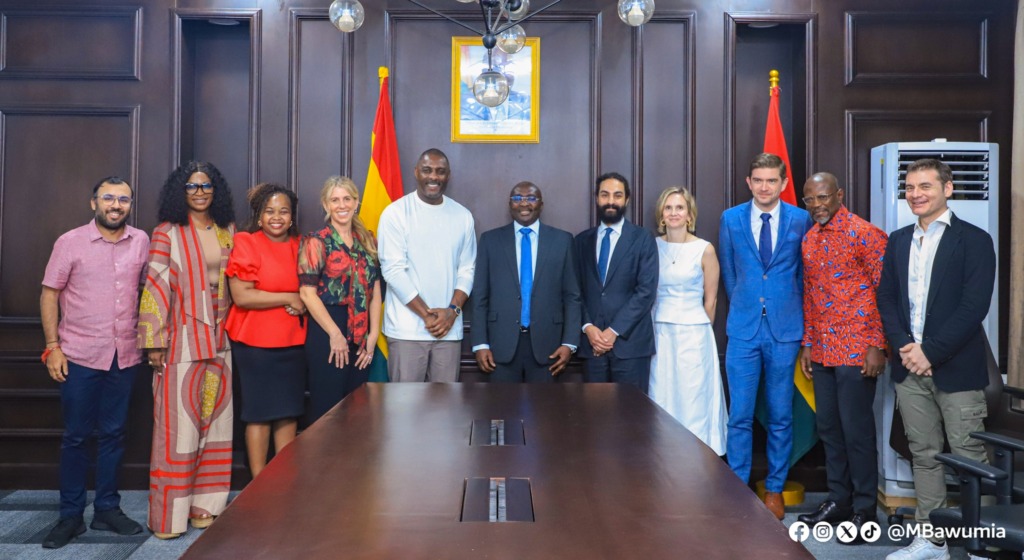
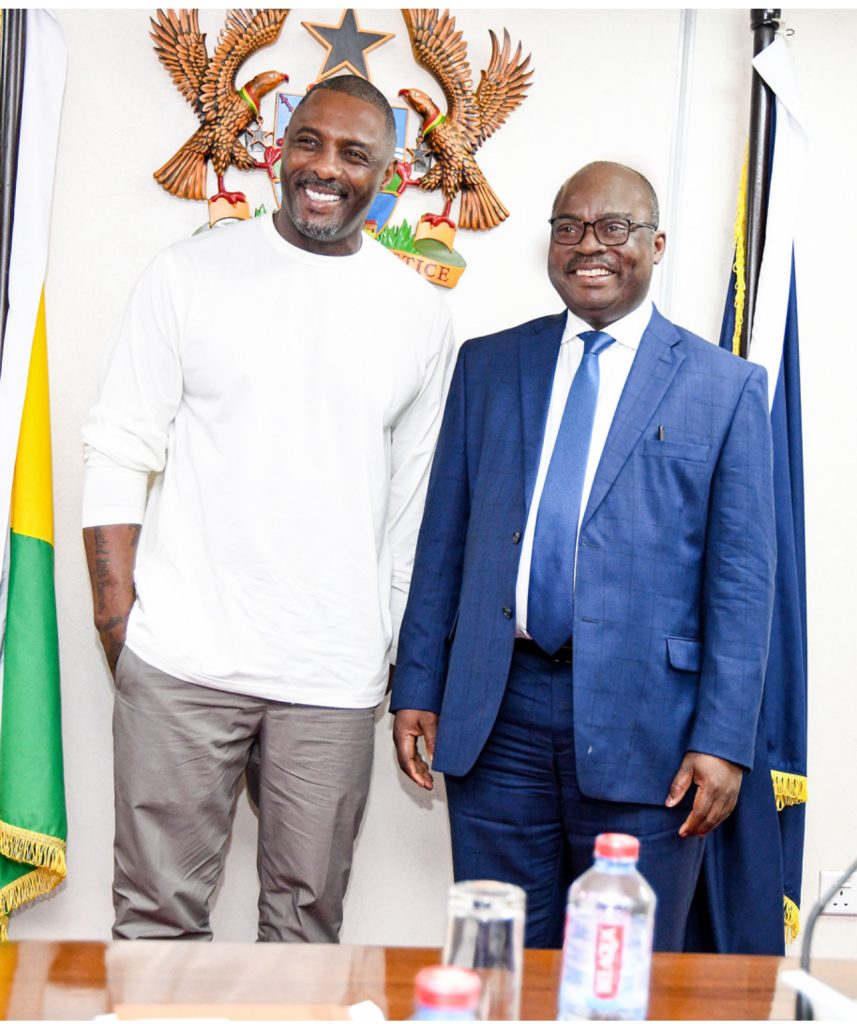
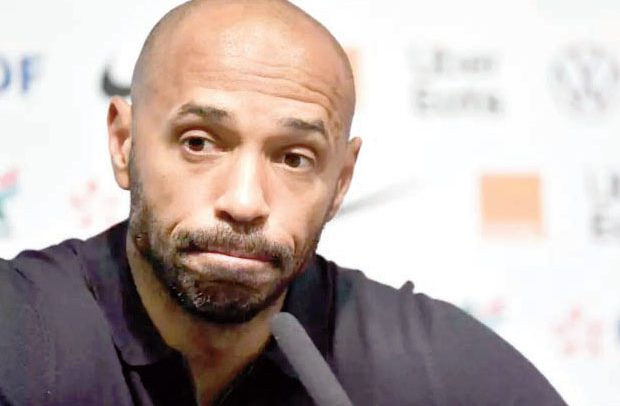
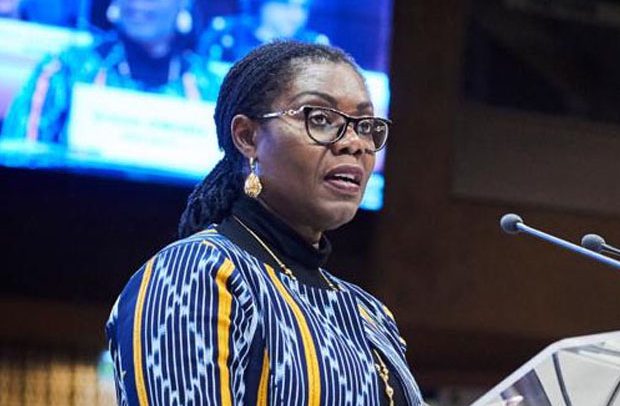

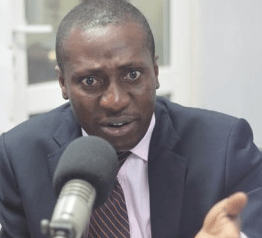
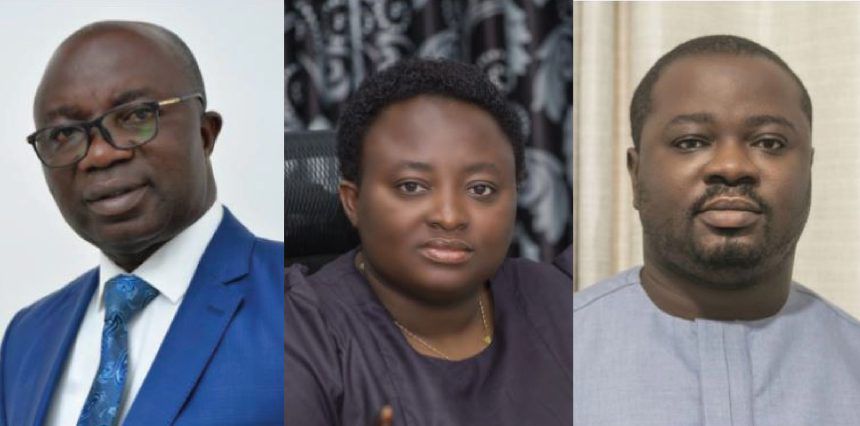

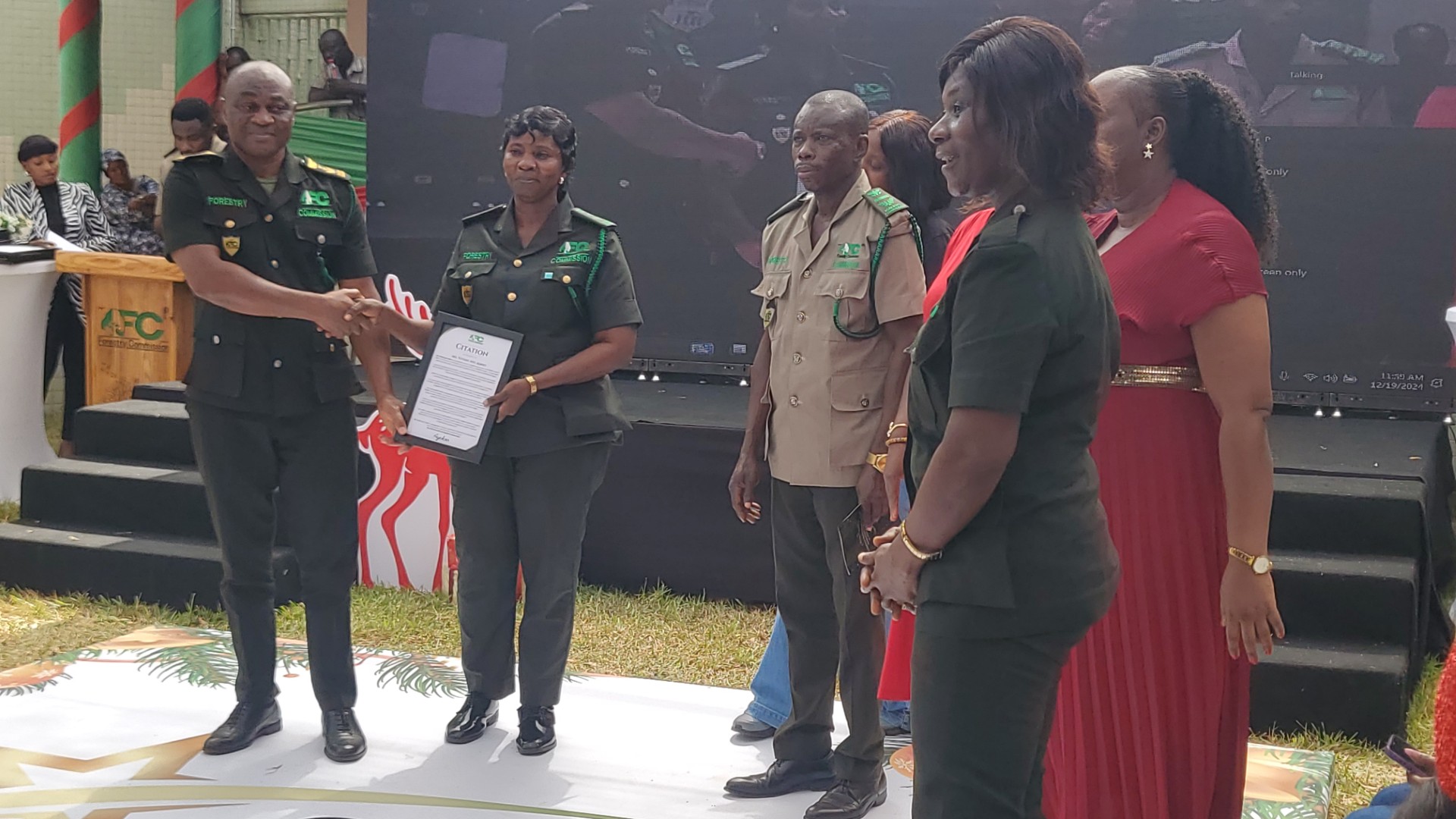
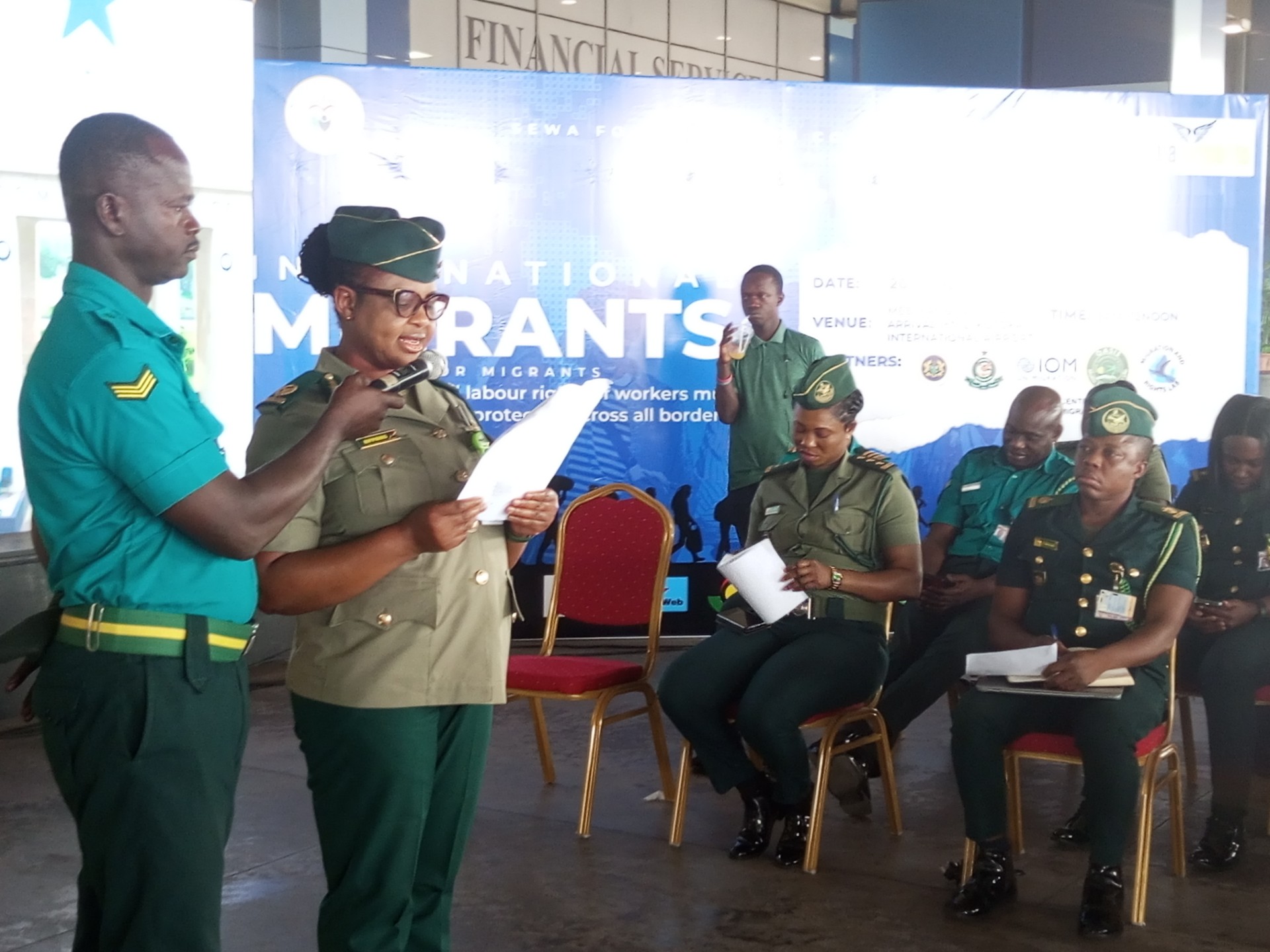
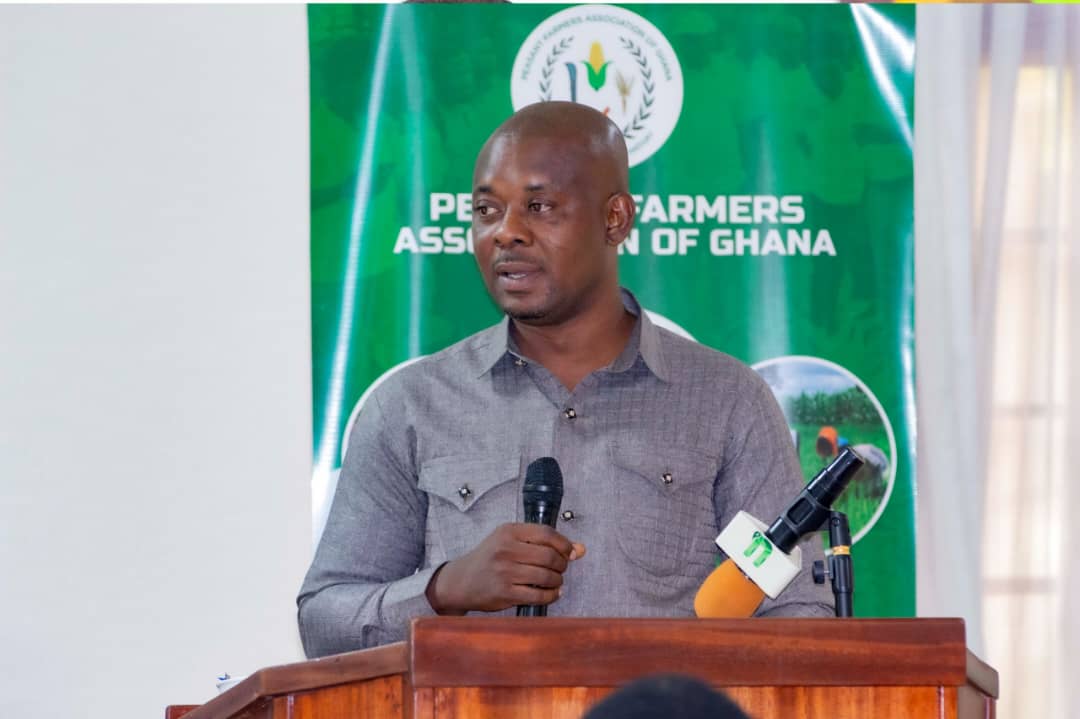

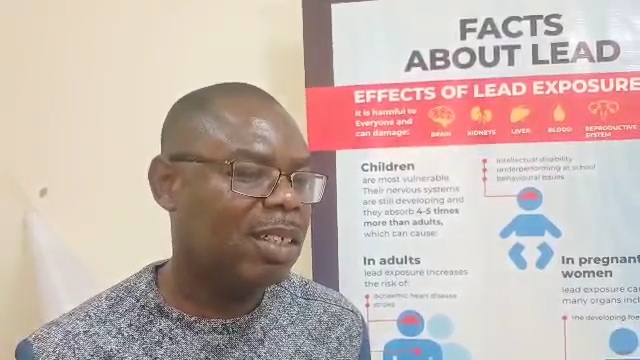

Facebook
Twitter
Pinterest
Instagram
Google+
YouTube
LinkedIn
RSS